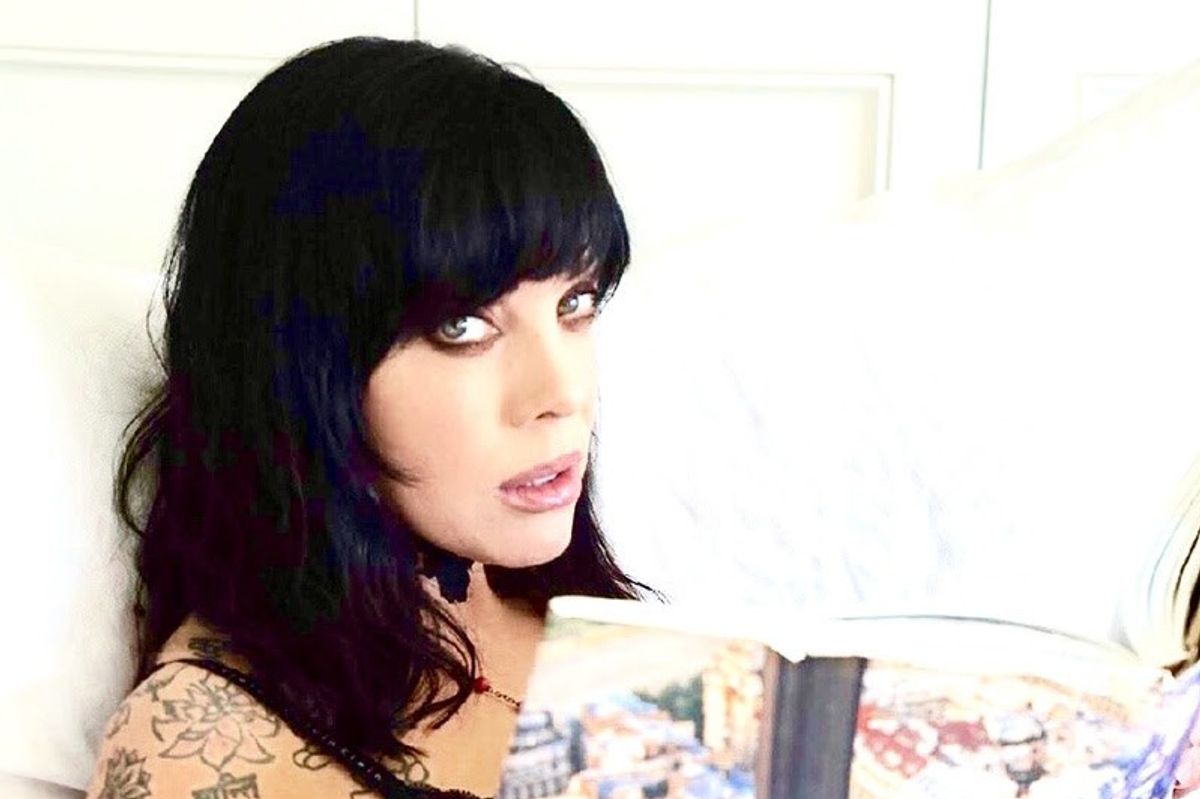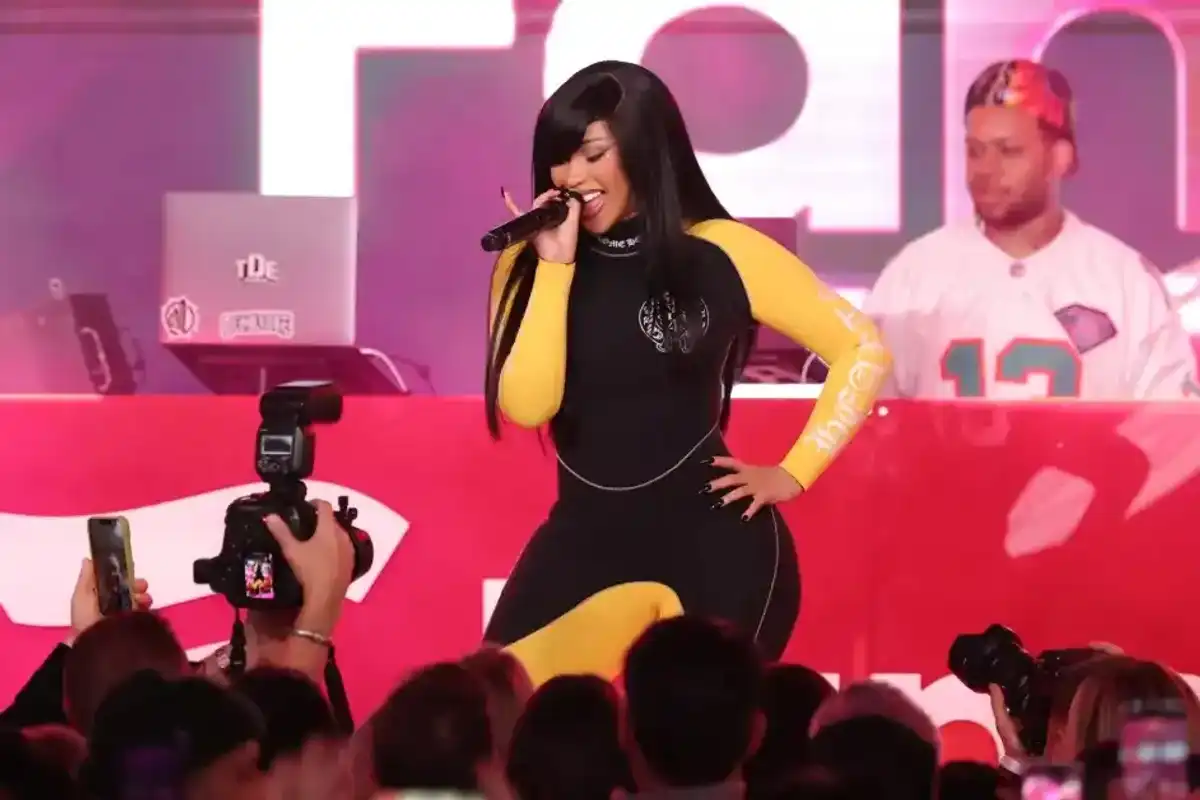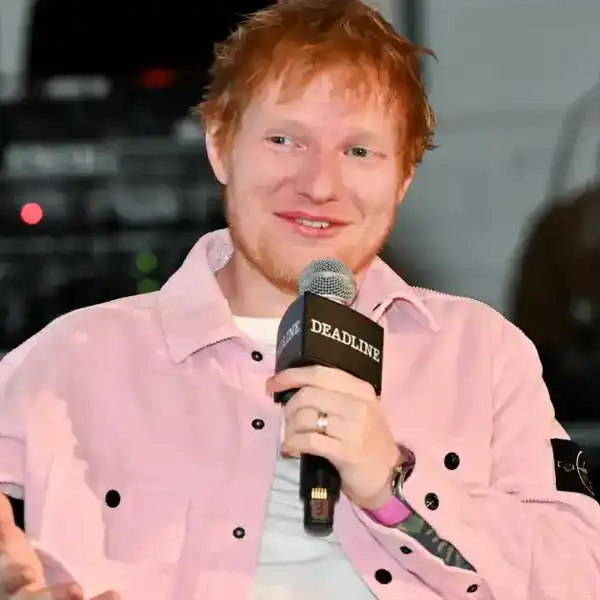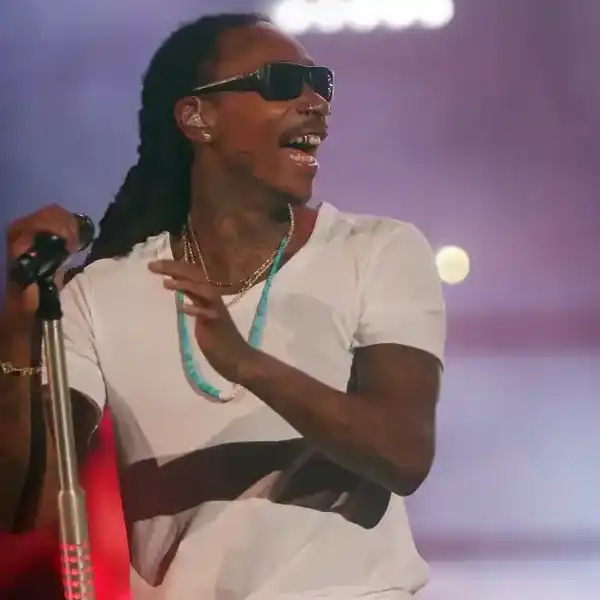A Conversation With Bif Naked on Her Always Evolving Music Career
With the 25th anniversary of her album 'I, Bificus' and an upcoming documentary, the Canadian pop-rock veteran reflects on her unwavering life in music.

Bif Naked
Decades in, Bif Naked’s journey is still evolving. Not only a musical success in Canada, she’s a staunch animal rights advocate, a cancer survivor, a documentary subject and, now, a music industry maven.
Her journey began in secrecy, born to a teenage mother in India, resulting from a Canadian-British union. Both families rejected her, leading to her concealment in a mental hospital under the watch of her diplomat grandparents. Eventually, American missionaries adopted her and her sister, navigating legal hurdles to return them to North America.
Her musical career took flight with albums like Bif Naked in 1995, followed by I, Bificus in 1998 and Purge in 2001. Alongside her music, she showcased her talent as a poet and released a spoken word album titled Okenspay Ordway: Things I Forgot To Tell Mommy. Despite battling breast cancer, she continued to create, releasing Superbeautifulmonster in 2005 and The Promise in 2009.
Bif's honesty has reached beyond her music. A staunch advocate for animal rights, she’s maintained a strict raw food vegan lifestyle. Her health challenges, including a heart aneurysm and breast cancer diagnosis in 2008, didn't deter her activism. Instead, she became a beacon of hope, mentoring cancer patients and volunteering tirelessly.
Now, she’s joined forces with U.K. events producer Georgie Jett, her longtime manager Peter Karroll and her Vancouver-based Her Royal Majesty’s Records for a women-led music and events management company.
Notably, the move comes before a busy time of forthcoming projects, including the upcoming documentary Bif Naked: One of a Kind and a new album, CHAMPION.
The 25th anniversary edition I, BIFICUS XXV will be out soon. How does it feel revisiting that breakthrough album now?
I still can’t believe 25 years have passed. I still feel like it’s all going to be over tomorrow, and I’m going to have to go back to university. But now my parents won't foot the bill indefinitely.
The album was so monumental to me I didn’t want to change the order of the songs. They remastered it. They have these fancy remixing and sound tools that enabled us to do a Dolby Atmos mix. We chose Lucky Studios for that. It was fun to reimagine and do vinyl, which I’ve never done in my entire career.
I have a new album coming out too. It was supposed to come out in 2020. It didn’t happen, and I’m happy it didn’t. The world didn’t need a Bif Naked record in the summer of 2020. It’s coming out this summer, and it’s called Champion. For me to make new stuff, I understand everything’s been done. Things that are new to me, new to my fans, it’s all new to me.
There’s a coming documentary, too? When is that coming out?
We will aim for Sundance of 2025 as the debut because they can’t seem to whittle it down. There’s so much footage. They’ve been shooting, I think, since 2021, following us around three or four continents. Deeply intimate stuff.
It’s the first interview my birth mom has ever done. It’s the first deep dive into my Indian background, deep dive into my early drug haze. It wasn’t my idea. I’m a bit self-conscious and weirded out. Like all good Canadian bands, I get out and play every summer across the country. I travelled a lot while making this documentary for four years. We’ve been to Central America and Europe to film it. The good thing is that the director, Jennifer Abbott, is a fierce feminist. People know Jennifer from The Corporation. The lens through which she sees the world differs from mine. It’s gentle and cinematic. We hope to premiere at TIFF also.
Was there a first show you still think of as particularly memorable?
I’ve been playing shows since I was eighteen. For me, I feel like every show is that show. The first opportunity I had to perform was in a world music band called Jungle Milk. We did an Ofra Haza cover called “Im Nin’Alu.” There was a guy in my band in a loincloth who stood on his drums, and my father, the professor, was in the audience, and he got to stare at Marcos’s balls from the front row. This was in Winnipeg at the West End Cultural Centre, where I would marry my drummer a year later. My Mohammed. I have to say that remains my benchmark of shows, even though we played opening for the Prodigy in Nuremberg in front of 60,000 people and so many shows after. I’ve never had a singing lesson, and everyone sang along with me in that Ofra Haza song. The power of shared experience with singing was magic.
What gets you excited when it comes to new music coming out today”?
I’m such a music fan and love music so much. I don’t own a television. I have never watched, but I can never get enough when it comes to music. There isn’t a genre of music I don’t like. I discover new artists all the time. I discovered French artists in Paris and go bananas when talking about Nigerian stories.
I remember when the Darkness came out of the UK, and even though we’d already heard of Led Zeppelin and Queen, the Darkness was cool because they were doing something new for their generation. I often lean towards the UK for rock. There was a girl at the Brit Awards this year named Raye who was unbelievable. Her talent is limitless.
Do you have a first song that you felt was a breakthrough for you?
The first song I wrote with my then-manager was “Spaceman,” and we got lucky. He was devastated, because I kept writing these death metal songs about my nasty boyfriends. I didn’t play an instrument. I’m a lyricist, and that’s where my strengths have been, and I relied on who I was co-writing with. I was writing garbage and punk rock music and I was frustrated, and the manager was thinking, I’m never going to get this kid another record deal. He sat me down, started strumming four chords, and wrote a ballad, a lilting, sad little song called “Spaceman.” He made me unhappy to be songwriting with him, he was much like a dad. I was cool and wanted to go out and play, and he forced me to sit in a room and not leave the room. The second song we wrote was “Moment of Weakness,” another ballad. I maintain that all I ever wrote were country songs. It was the producers who affected them and made them other styles.
Can you tell me the history of your trademark tattoos?.
According to my mother, I’m not getting into heaven. However, I feel that’s incorrect. There are so many tattooed individuals today who are lovely people. Back when I was younger, people wouldn’t get their faces tattooed there, and now it’s a rite of passage, particularly with nice, attractive, and polite young women. Knuckle tattoos, face tattoos, legs. How are they going to spring weddings with all these tattoos on their legs?
My dad was a dentistry professor, a theologian all his life. I was always a bookworm and spiritual seeker. Over the years, I got numerous tattoos from that exploration. Those are now old. I included my dog's name when I got new tattoos. I get husband names, then have to cross them out. We filmed that for the documentary.
I love being in my 50s. I don’t think anyone could have warned me as a Generation X kid that it’s so much fun. Our parents talked a little about getting older, because they didn’t talk about it in polite company. I’m always talking about it. I have a girlfriend who just turned 65. I say wear it like a badge — like all the chicks in L7. That’s a new attitude we didn’t get from the Boomers.

















